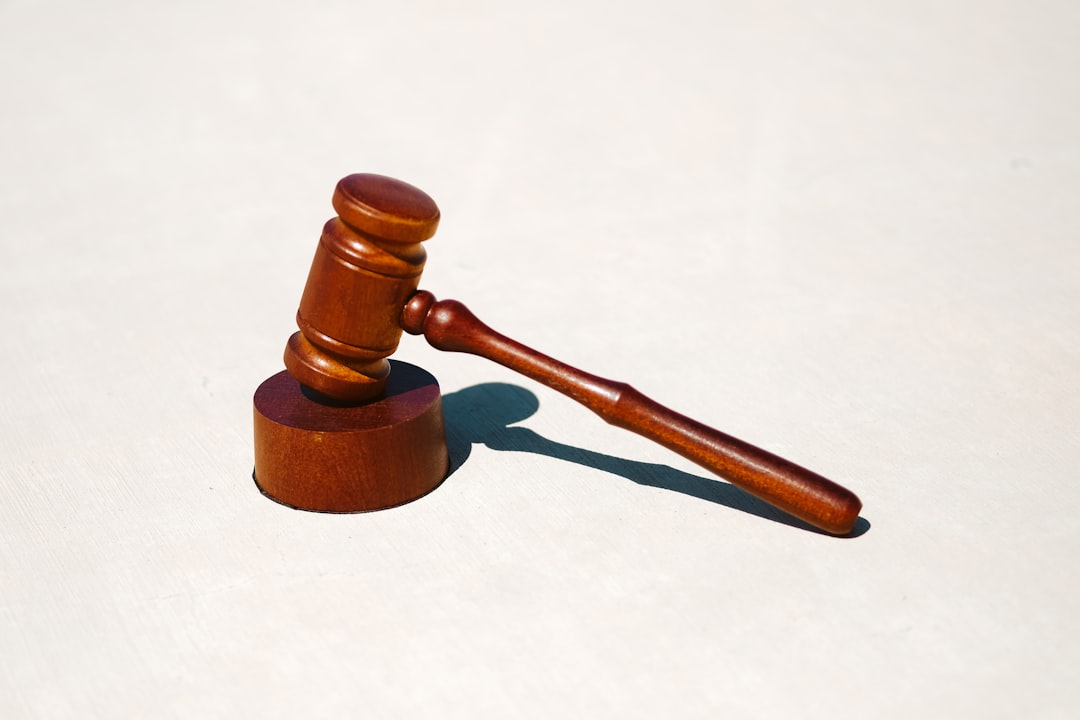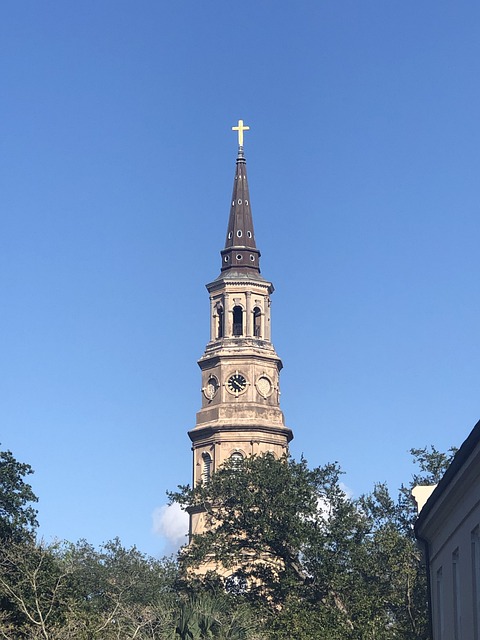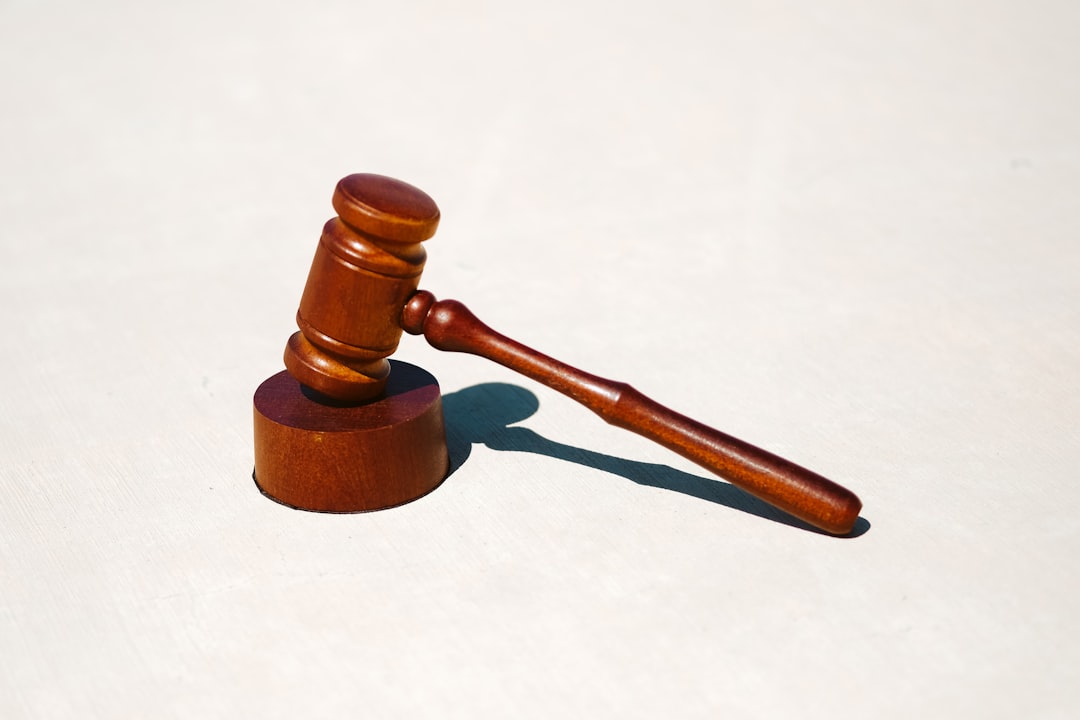South Carolina has stringent laws against sexual assault, with sensitive handling by Charleston law enforcement. Rape law firms offer specialized prosecution and support services for victims. Reporting within 72 hours is recommended but not mandatory; cases are assessed individually. A multi-step process involves investigation, prosecution, and sentencing based on crime severity. Charleston's robust support system includes dedicated rape law firms and collaborative organizations providing resources like counseling and legal aid to survivors.
“Charleston, South Carolina, residents and visitors alike must be aware of the state’s sexual assault laws, which are designed to protect victims and hold perpetrators accountable. This comprehensive guide delves into the intricate details of South Carolina’s rape laws, offering a clear understanding of sexual offense classifications, reporting obligations, and legal procedures.
From defining sexual assaults to outlining support services available in Charleston, this article equips readers with vital knowledge, especially those seeking assistance from reputable rape law firms in SC.”
Overview of South Carolina's Sexual Assault Laws
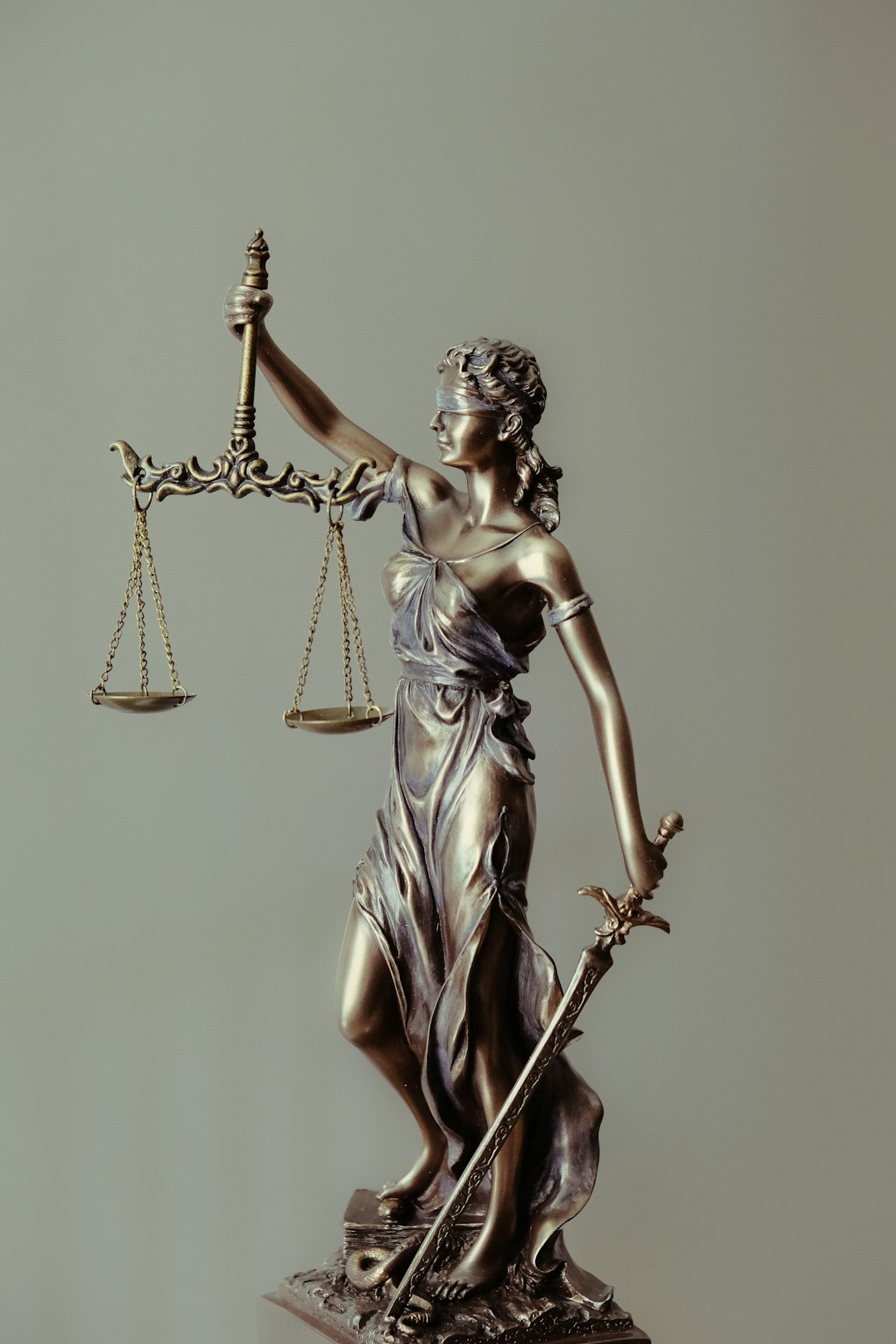
In South Carolina, sexual assault is taken extremely seriously. The state’s laws define sexual assault broadly, encompassing a range of non-consensual sexual acts, including rape and other forms of sexual violence. The legal system prioritizes protection of victims and holds perpetrators accountable through stringent penalties. Key aspects of South Carolina’s rape law firms involve strict consent requirements, with any sexual act without explicit agreement considered assault.
Law enforcement agencies in Charleston are equipped to handle such cases sensitively and efficiently, ensuring victims receive the support they need. The state offers various resources for survivors, including legal aid, counseling, and protective orders. Additionally, South Carolina’s rape law firms provide specialized prosecution services focused on securing justice for victims while navigating complex legal procedures.
Defining and Classifying Sexual Offenses in SC
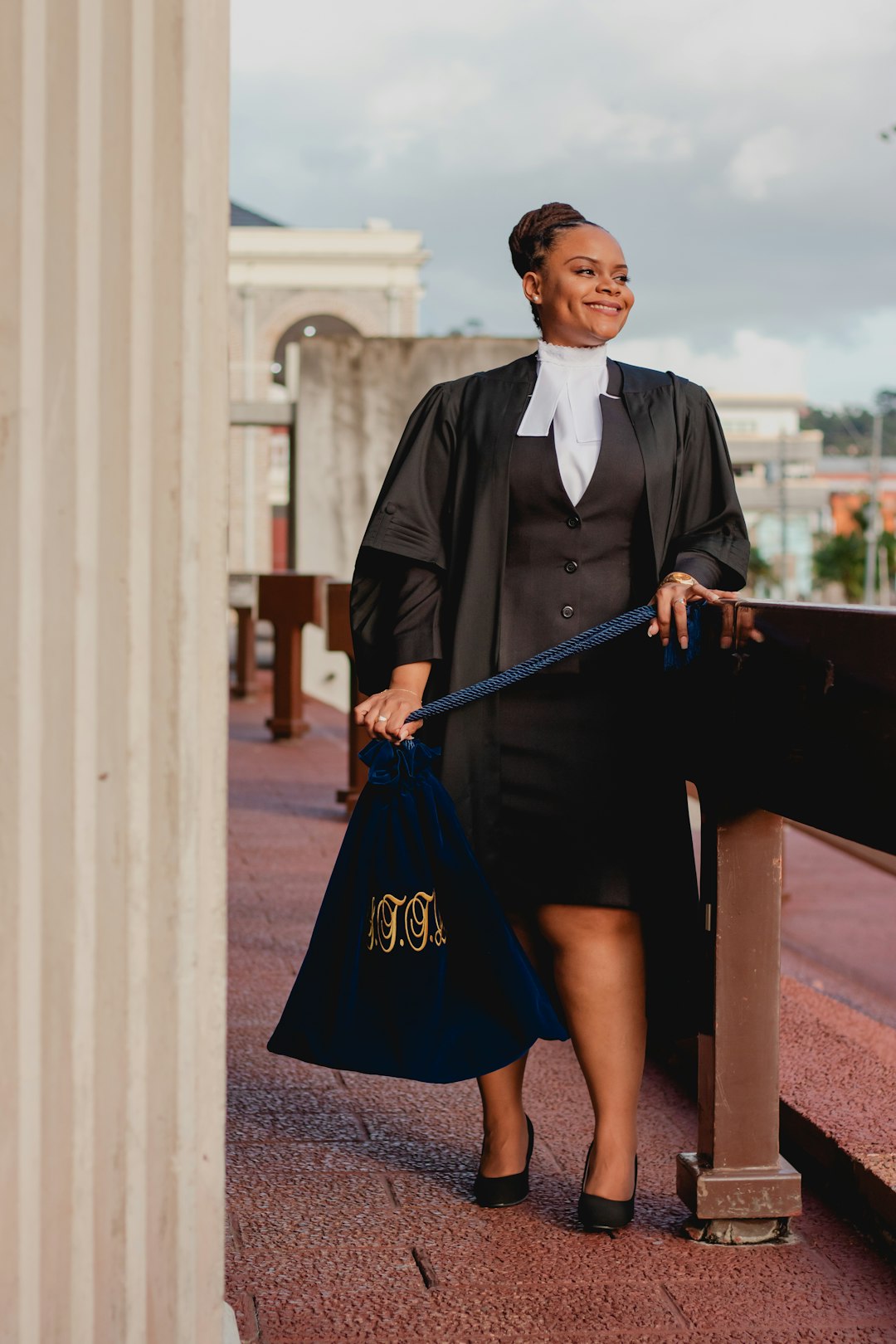
In South Carolina, sexual offenses are categorized based on the nature and severity of the act. The state’s rape law firms emphasize that these classifications are crucial for understanding the potential penalties and legal avenues available to victims. Sexual assault is broadly defined as any unwanted sexual contact or behavior without consent. This includes various acts such as forcible rapes, sexual battery (non-penetrative assaults), and criminal sexual conduct (CSC) in its different degrees.
Classifying these offenses helps law enforcement and prosecutors determine the appropriate charges. CSC in the first degree, for instance, involves penile penetration without consent, while second-degree CSC includes acts like oral sex or manual penetration without permission. These distinctions are vital for victims seeking justice, as they can lead to different legal strategies and potential outcomes, especially when working with experienced rape law firms in South Carolina.
Reporting Requirements and Time Limits

In South Carolina, including Charleston, reporting sexual assault is crucial for victims seeking justice and support. The state’s rape law firms emphasize that victims have a right to report and can do so within a specific time frame. According to the law, individuals who believe they have experienced sexual assault or know someone who has should notify local law enforcement as soon as possible. While there is no strict reporting deadline, it’s recommended that victims file a report within 72 hours to preserve evidence and ensure the best chance of a successful prosecution.
Time limits play a significant role in the process, especially regarding forensic evidence collection. Delaying reporting might hinder the availability of physical evidence, but it doesn’t necessarily bar legal action. South Carolina’s rape law firms advise victims that even if several days or weeks have passed since the assault, they can still file a report and potentially pursue criminal charges. Each case is unique, and law enforcement agencies will assess the circumstances to determine the next steps.
Legal Process: From Investigation to Prosecution

In South Carolina, including Charleston, the legal process for sexual assault cases involves a complex series of steps from investigation to prosecution. The first step is typically initiated by a report made to local law enforcement, which then launches an investigation. This involves gathering evidence, interviewing witnesses, and examining any physical evidence related to the incident. If sufficient evidence is found, the case moves forward for prosecution. In South Carolina, rape law firms play a crucial role in assisting victims navigate this process, providing legal counsel, and advocating for their rights.
Prosecution entails filing formal charges against the accused, followed by pretrial hearings where both sides present their cases. If the defendant is found guilty after a trial or enters a plea bargain, sentencing occurs, which can range from probation to imprisonment depending on the severity of the crime as defined under South Carolina’s rape laws. The entire process demands careful handling and legal expertise to ensure justice for victims while adhering strictly to the procedures outlined in the state’s sexual assault laws.
Support Services for Survivors in Charleston
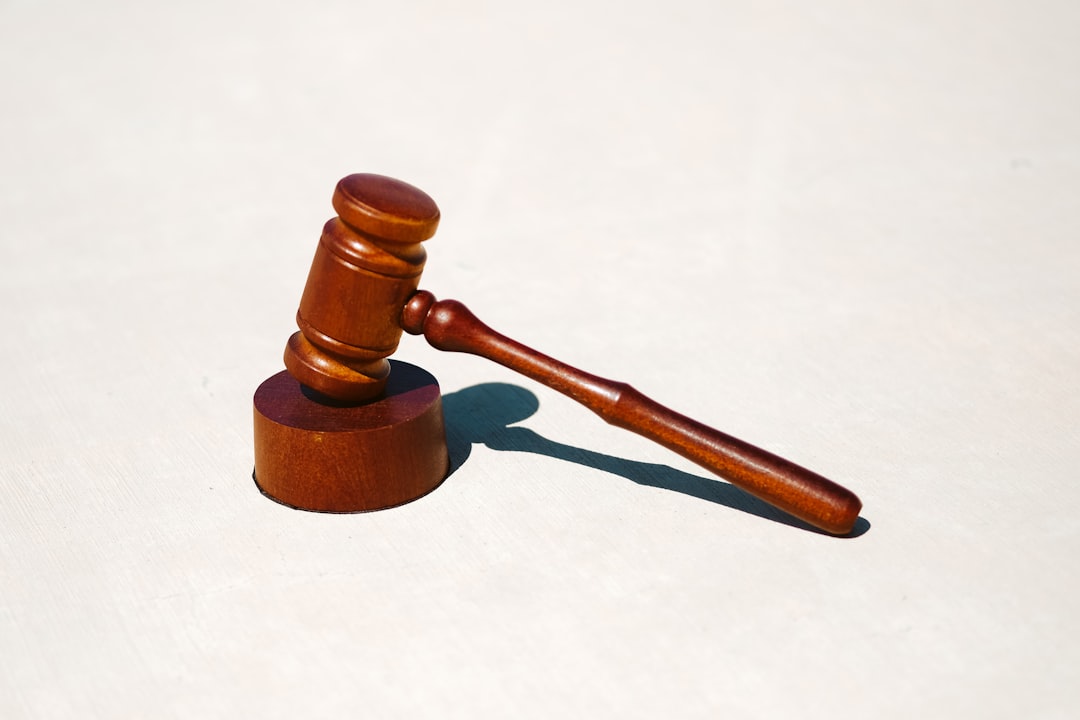
Charleston offers a range of support services for survivors of sexual assault, providing crucial resources and guidance in navigating the aftermath of such traumatic events. Local organizations and community groups have united to form a strong network, ensuring that victims have access to specialized care and legal assistance. Many rape law firms in South Carolina are dedicated to advocating for survivors’ rights and well-being. These professionals offer confidential counseling, helping individuals process their experiences and connect with relevant services.
The city’s support system includes hotlines, shelters, and legal clinics specifically designed to assist sexual assault victims. These services cater to diverse needs, from immediate crisis intervention to long-term advocacy for justice and healing. Charleston’s commitment to supporting survivors is evident in the collaborative efforts between these organizations, ensuring a comprehensive approach to addressing the impact of sexual violence.

